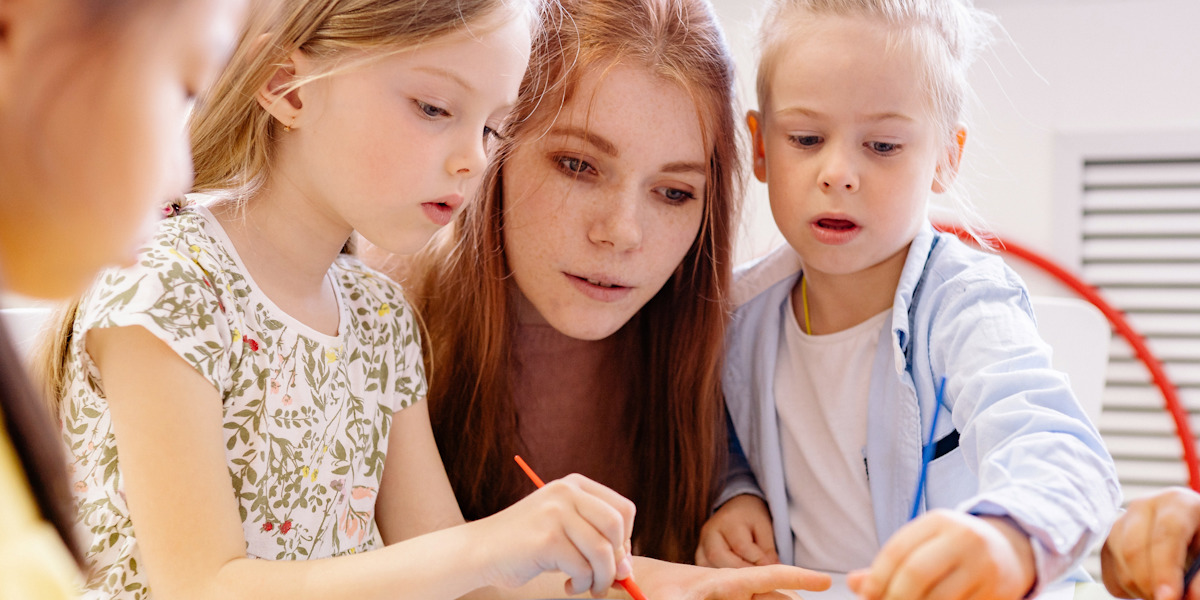
Assessing Your Current Level
First, it's essential to evaluate your current language abilities. Most au pair placements in Australia do not have a strict minimum language requirement, but having a basic conversational level in English (around A2 level on the CEFR scale) is highly recommended. This ensures that you can effectively communicate with the host family, especially in terms of understanding the needs of the children, handling emergencies, and engaging in daily activities.
Language Requirements for Visas
While language proficiency might not be mandated by au pair agencies, it's important to check if there are any language requirements for securing a visa. For instance, if you are applying for a Working Holiday visa subclass 462, you are required to have functional English as part of your eligibility criteria. If you are from a German speaking country, please check our visa information on premieraupair.de.
My personal recommendation: Babbel
I personally have been using Babbel since many years to improve my English, Spanish, French and recently Russian language skills. I have tried several different Apps, but Babbel is the one that really helped me learn and, more importantly, keep my motivation up in long term.
For this reason, we will start an affiliate partnership with Babbel. If you enter their website, you can start an English beginner course for free, but you will need to pay for more advanced levels.
I have also used the other famous language app: Duolingo. This, you can use for free, because the idea behind the platform is that users and algorithms create the language courses. The downside is, that you will mostly learn sentances like "The monkey eats an apple".
Learning and Improving on the Job
One of the best aspects of being an au pair is the opportunity to immerse yourself in the language through everyday interactions. Use this to your advantage:
- Converse regularly with your host family in English, not just the adults but also the children, who can be your most patient and enthusiastic language teachers.
- Attend local language classes if possible. Many communities offer courses specifically designed for newcomers, which can also be a great way to meet people and build a support network.
- Engage with the community by participating in local events, which will force you to use English in different contexts.
Cultural Exchange
Learning a language is not only about speaking but also understanding cultural nuances. As an au pair, you are in a unique position to experience Australian culture first-hand:
- Ask questions about the language and culture. Most host families will appreciate your curiosity and will support your learning efforts.
- Read local books, watch Australian TV shows and movies, and listen to local music. This will help you get a feel for the colloquial and informal use of language.
Setting Realistic Goals
Set achievable language goals during your stay. Whether it's learning new words each day, being able to handle a specific conversation topic, or achieving a certain level of fluency by the end of your stint, having clear objectives will keep you motivated.
Language as a Tool for Empowerment
Remember, improving your language skills is not just about making your daily tasks easier. It's also about empowering yourself to be more independent, making the most of your travel experience, and improving your future professional prospects.
Being an au pair is an enriching experience that goes beyond childcare. It's about cultural immersion, personal development, and global understanding. By focusing on enhancing your language skills, you're not just preparing for a job; you're setting the stage for a life-changing journey.
Welcome to the challenge, and enjoy every moment of your au pair adventure in Australia!
